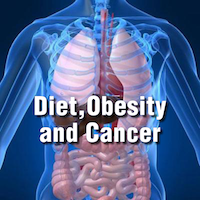Taking short breaks may help our brains learn new skills

Taking short breaks may help our brains learn new skills Scientists discover that the resting brain repeatedly replays compressed memories of what was just practiced In a study of healthy volunteers, National Institutes of Health researchers have mapped out the brain activity that flows when we learn a new skill, such as playing a new song on the piano, and discovering why taking short breaks from practice is a key learning. The researchers found that the volunteers' brains rapidly and repeatedly replayed faster versions of the activity seen while they practiced typing a code during rest. The more a volunteer replayed the activity, the better they performed during subsequent practice sessions, suggesting rest strengthened memories. "Our results support the idea that wakeful rest plays just as important a role as practice in learning a new skill. It appears to be the period when our brains compress and consolidate memories of what we just practiced," said Leonardo G. Coh...





